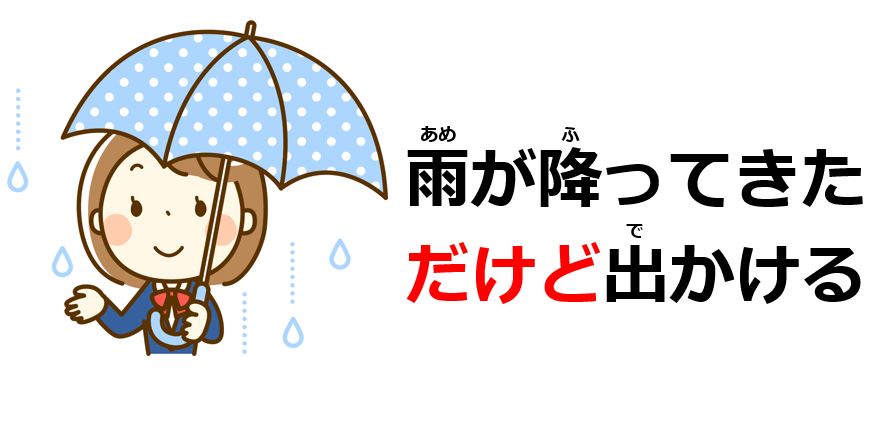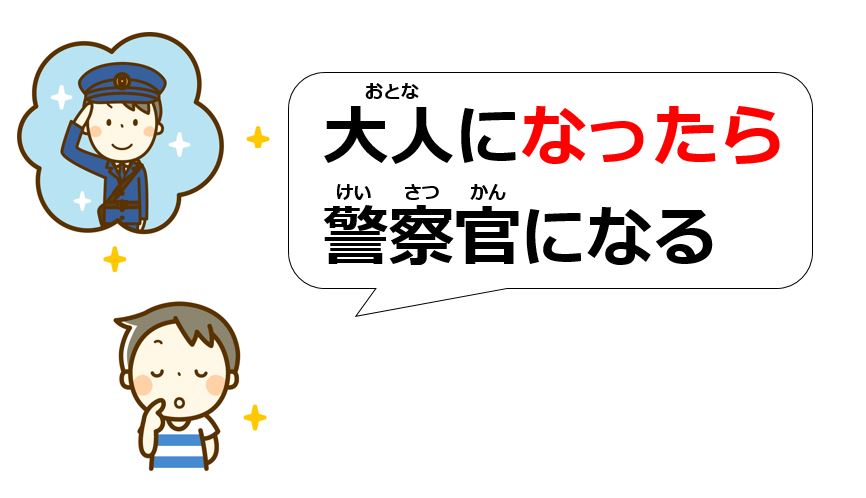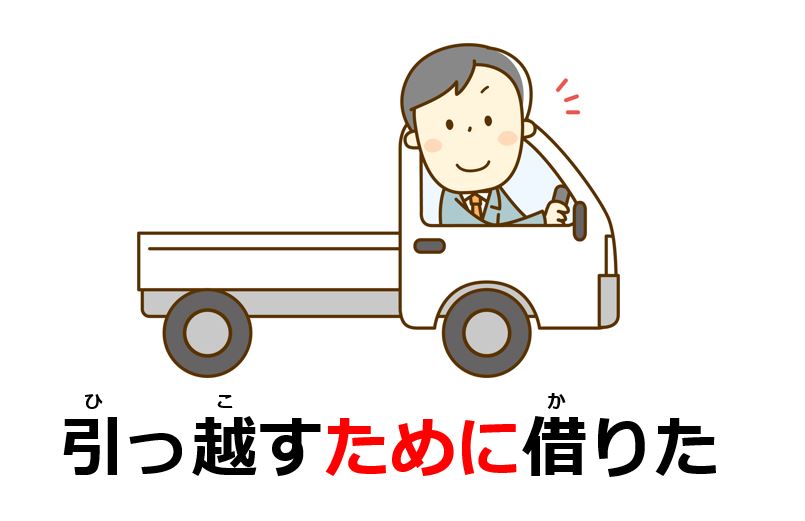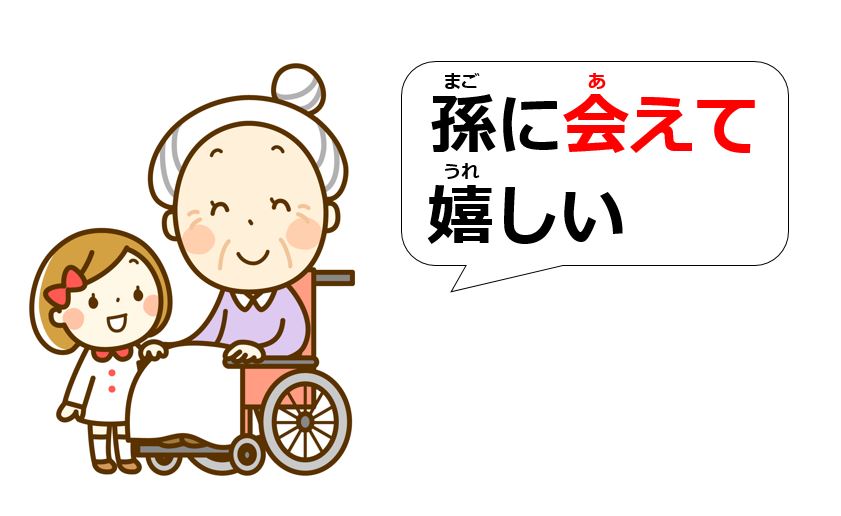This is the last lesson in the compound sentence section. By conjugating verbs, you can express various things such as sequential, parallel, and simultaneous actions. On the other hand, you can also express the same things by using conjunctions. In this lesson, you will learn some major conjunctions in Japanese. Explanation for How Japanese Conjunctions […]
Compound Sentence
Reverse Conditions: …ても, …のに, and …が・けど・けれど・けれども
Last time, you learned how conditionals work in Japanese, e.g. “もし風邪かぜを引ひいたら休やすみを取とる (If I catch a cold, I will take leave).” However, there is another type of conditional. If you would like to say, “I won’t take leave even if I catch a cold,” how should it be? We call this Reverse Conditions. In this lesson, […]
How Conditionals Work in Japanese: …と, …ば, …たら, and …なら
Last time, you learned how to express aims, e.g. “日に本ほんを旅行りょこうするために、日に本ほん語ごを勉べん強きょうしている (I’m studying Japanese to travel to Japan).” The variety of your expressions are certainly increasing now. Then, if you would like to say, “If you travel Japan, you should study Japanese,” how should it be? In this lesson, you will learn how to express conditionals. […]
How to Express Aims: …ために, …に, …のに, and …ように
Last time, you learned how to express reasons, e.g. “弟おとうとが住すんでいたから、オーストラリアを旅行りょこうしました (I traveled to Australia because my younger brother lived there).” Then, if you would like to say “I traveled to Australia to meet my younger brother,” what should you say? The meanings are similar, but the sentence patterns that you use should be different. In […]
How to Express Reasons: …から and …ので
Last time, you learned how to express time clauses, e.g. “大学生だいがくせいのとき、オーストラリアを旅行りょこうしました (When I was a university student, I traveled to Australia).” Time clauses allow you to more precisely express when actions and events take place. Then, if you would like to say, “I traveled to Australia because my brother lived there” what should you say? […]
Time Clauses: …とき, …てから, …後で, …前に, …あいだに, and …うちに
Last time, you learned how to express simultaneous actions, e.g. “テレビを見みながら勉べん強きょうをしました (I studied while watching TV).” The variety of your expression is greatly increasing now. Then, if you would like to say, “when I was a child, I studied while watching TV,” what should you do? In this lesson, you will learn how to utilize […]
Simultaneous Actions: …ながら and …たまま
Last time, you learned negative sequential and parallel actions, e.g. “電でん気きを消けさないで寝ねました (I went to bed without turning off the light),” and “私わたしは虫むしが好すきじゃなくて、動物どうぶつが好すきなんです (I didn’t like insects, but animals).” Then, if you want to say, “I went to bed while wearing clothes,” what you should do? In this lesson, you will learn how to express simultaneous […]
Negative Sequential and Parallel Actions: …ないで, …なくて, and …ずに
Last time, you learned how to express sequential and parallel actions, e.g. “船ふねに乗のって日に本ほんに来きました (I took a ferry and came to Japan),” and “私わたしは船ふねに乗のって、お父とうさんは飛ひ行こう機きに乗のりました (I took a ferry and my father took a flight).” Then, if you would like to say, “I came to Japan without taking a flight,” what should you say? In this lesson, […]
Sequential and Parallel Actions: …て, …たり, and …し
You have entered a new section: Compound Sentences. In English, there are basically two ways to connect sentences. The first is to place conjunctions, e.g. “I will go to the park and my brother will go to the library.” The second is to utilize subordinate clauses, e.g. “I will watch a movie once my mother […]










